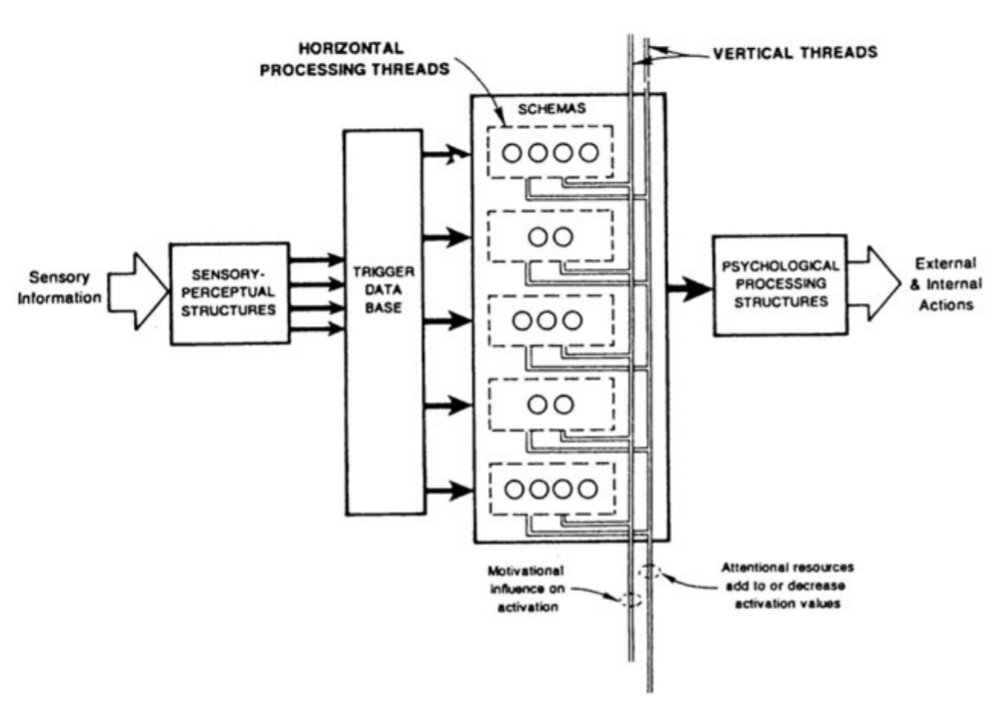In our last thread we saw that behaviourism didn& #39;t work - and scientists needed to start talking about mental processes to explain all the things humans and other animals can do. This led to the birth of a new discipline & #39;cognitive science& #39;
https://twitter.com/iamscicomm/status/1290232170666172416?s=20">https://twitter.com/iamscicom...
https://twitter.com/iamscicomm/status/1290232170666172416?s=20">https://twitter.com/iamscicom...
Psychologists in mid-20th century were impressed by the achievements of new computer technologies. It was clear that these data processing machines could perform complex computations to translate incoming information into meaningful outputs - with clear-cut rules and mechanisms.
Cog sci saw deep parallels between artificial computers & natural minds. The idea was that mental faculties - like perception, learning & reasoning - could be explained as computations our minds perform. Psychology was no longer just about behaviour, but these hidden mechanisms
At its inception, cognitive science was an interdisciplinary venture - bringing together psychology, philosophy, anthropology, computer science and neuroscience to understand the mind.
This blend of disciplines continues to be well represented by international organisations like the @cogsci_soc. As the current chair @asifa_majid points out, recent decades have seen even more work across disciplinary boundaries https://twitter.com/asifa_majid/status/1289189624661778433?s=20">https://twitter.com/asifa_maj...
Marrying psychology & philosophy helps bring new empirical tools to bear on ancient questions about the mind. A modern example of this is @IP_SAS directed by @smithbarryc - where philosophers & scientists collaborate on projects to reveal (among other things) how our senses work
The influence of anthropology & linguistics has also been key in showing psychologists how culture and cognition intersect. For example, fascinating work by @asifa_majid shows that fundamental aspects of our experience depend on our culture & language https://twitter.com/asifa_majid/status/1059696063282601984?s=20">https://twitter.com/asifa_maj...

 Read on Twitter
Read on Twitter





